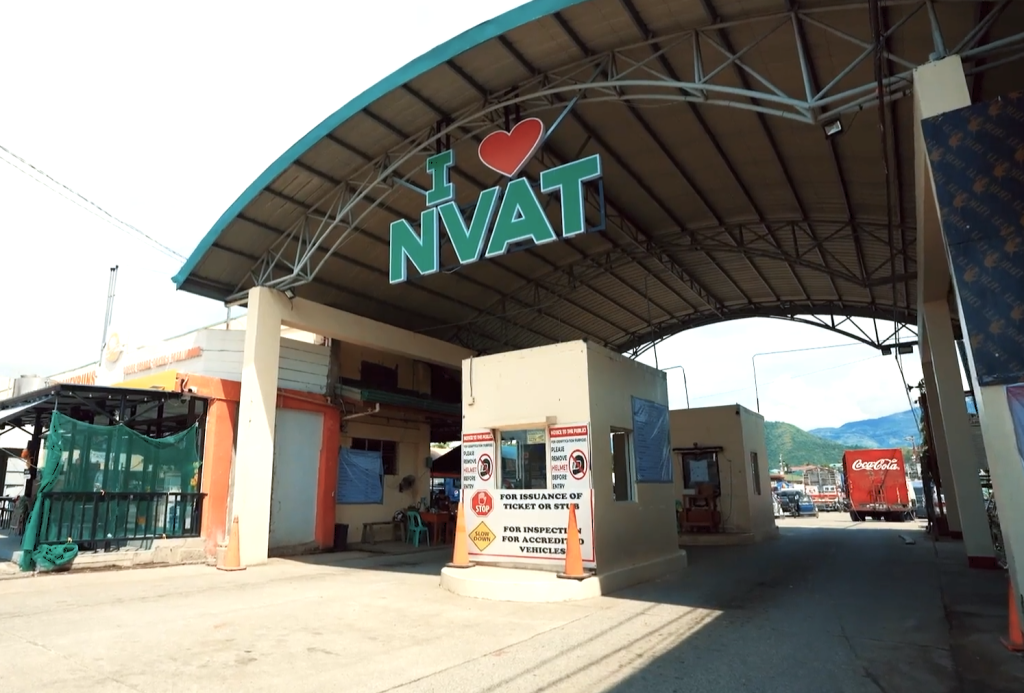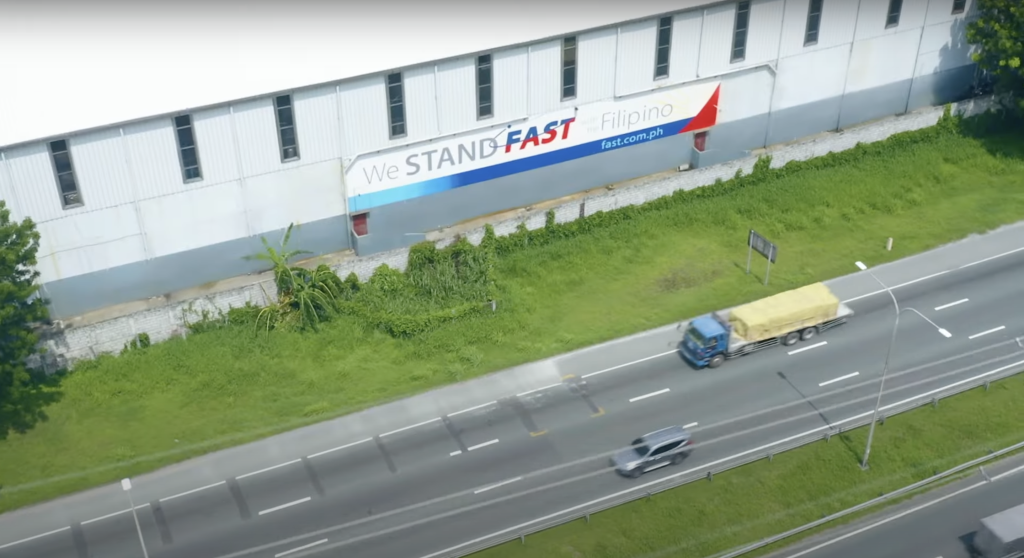
FAST Logistics Group, the country’s leading logistics provider, explores the challenges in the Philippine transport sector and offers potential solutions to overcome them.
The Philippine transport sector plays a pivotal role in the country’s economic development. Efficient transport systems enable a seamless flow of goods and services, enhance market accessibility, and reduce operational costs. When goods can travel smoothly from producers to consumers, businesses can expand their reach, generate employment opportunities, and stimulate local economies.
However, the transportation sector faces several challenges that hinder its potential to support economic growth. Traffic jams, air pollution, and inadequate infrastructure for public transport are some of the significant challenges that continue to plague the sector. This puts a strain on businesses, threatening their efficiency, productivity, and profitability.
It is therefore crucial to implement sustainable solutions to transport challenges in the Philippines. After all, a robust supply chain and transportation system connect people, markets, and opportunities — all of which are needed to drive inclusive growth.
Philippine Transport Sector Challenges
With over 7,000 islands, the Philippines has complex and diverse transportation needs. The challenges that plague the Philippine transport sector make it more difficult to provide safe, efficient, and reliable transportation services. Some of these challenges are the following:
Geographic Complexity
The Philippines is an archipelago with a total land area of 30 million hectares, composed of both coastal plains and steep upland areas. Its archipelagic nature, coupled with a complex and challenging topography, requires multi-modal transport services covering land, sea, and air. Coordinating these modes of transportation and infrastructure development is a challenge, especially in remote areas with limited resources and access.
Traffic Congestion
One of the main challenges in the Philippine transport sector, particularly in urban areas such as Metro Manila, is severe traffic congestion. A study by the Japan International Cooperation Agency found that heavy traffic in Metro Manila is costing the Philippine economy a staggering P3.5 billion per day or P1.27 trillion per year. This not only delays deliveries but also increases fuel costs and vehicle wear and tear, leading to higher operational expenses for businesses.
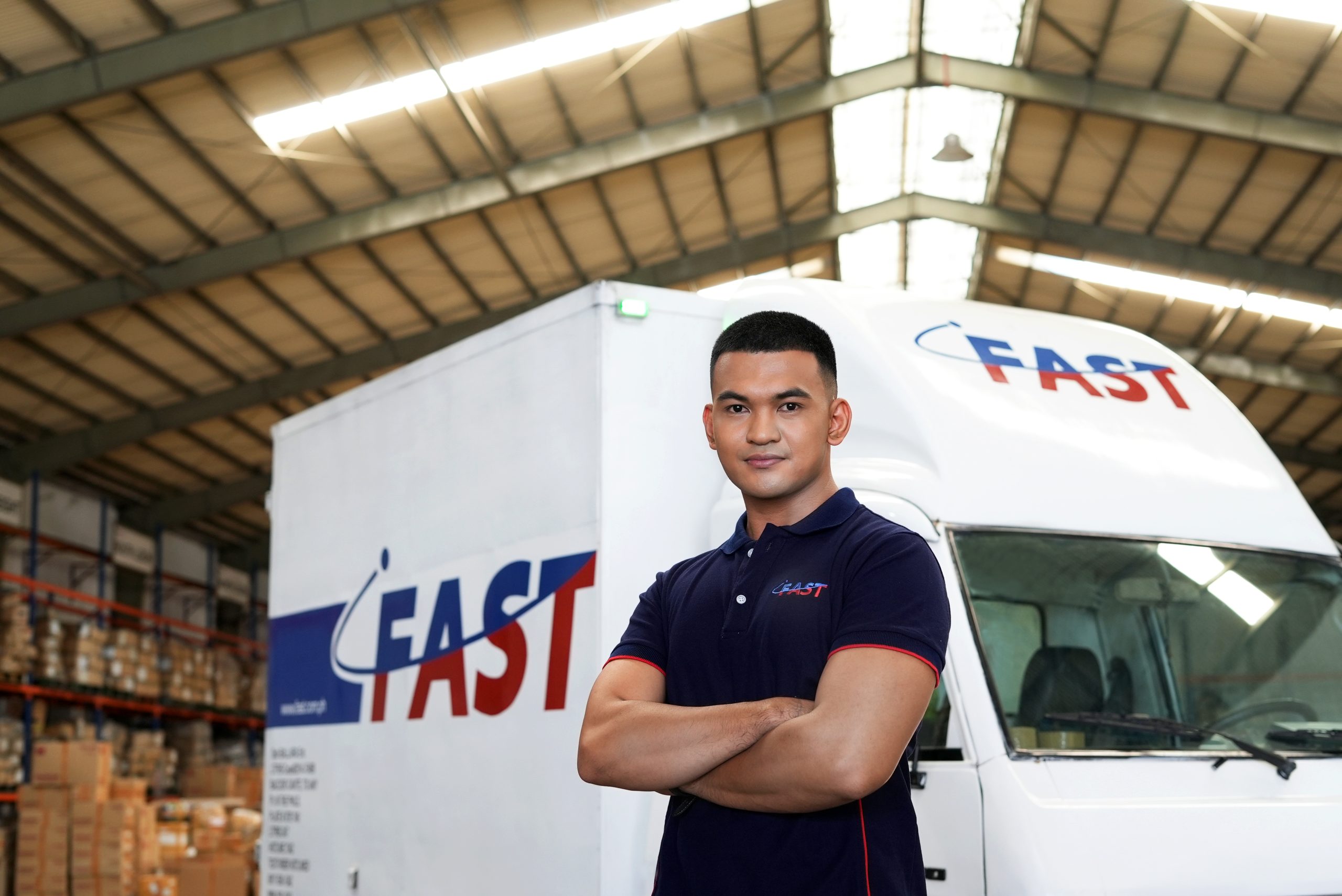
Expensive Fuel Costs
The country heavily depends on importing crude oil and petroleum products. This makes fuel more expensive in the Philippines, which, in turn, increases the prices of goods and services nationwide. This also presents a cost challenge to companies sourcing their raw materials or delivering their products across various islands in the country.
Inadequate Infrastructure
The Philippine public transport system is also suffering from inadequate infrastructure. The lack of road networks and poorly maintained facilities hinder the efficient movement of goods and services and increase risks for potential damage to goods in transit. It also affects the overall accessibility and mobility of people, limiting their opportunities to participate in economic activities.
Air Pollution
The growing number of vehicles on the roads also contributes to air pollution, which has detrimental effects on public health and the environment. In 2022, the greenhouse gas emissions from the transportation sector in the Philippines amounted to 35.42 million tons of carbon dioxide, according to Statista. This marks a 12% increase from the previous year’s emissions, posing serious environmental hazards and health risks, particularly for vulnerable groups like children and the elderly.
Safety and Security Risks
Also among the challenges faced by the Philippine transport sector are safety and security risks such as road accidents and reckless driving, which endanger motorists, pedestrians, and goods in transit. Other factors such as driver fatigue, distracted driving, and poor road conditions further exacerbate these risks.
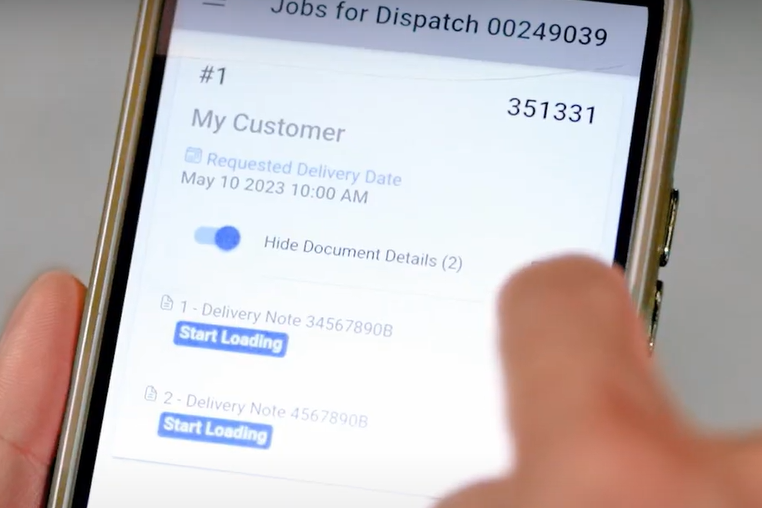
Solutions to Transport Challenges in the Philippines
There are solutions that can help overcome the said challenges and improve the Philippine transport sector’s overall efficiency and sustainability. Some of them are:
Investment in Infrastructure
Investing in infrastructure development, such as road networks, bridges, and ports, is crucial for improving transportation services. Enhancing connectivity and accessibility will enable smoother movement of people and goods across the country. Key investments in expanding and improving roadways and intersections, as well as public-private partnerships (PPPs) in road repairs, bridge construction, and maintenance projects, will help in handling higher traffic volumes more efficiently and expedite critical infrastructure projects.
With the most extensive transport fleet in the Philippines, FAST is capable of delivering products to any location across the Philippines. Its vast network ensures that businesses can rely on timely and efficient delivery services.
Improving Public Transportation System
Expanding the current rail transport, upgrading public utility vehicles, implementing alternative modes of transportation such as bicycle-friendly roads, and other efforts to improve the public transportation system can help lessen dependency on private vehicles on the road. These initiatives will alleviate traffic congestion in major cities, minimize economic losses, and reduce emissions from private vehicles.
Carpooling and Ridesharing Incentives
Encouraging carpooling and the use of ridesharing services through incentives like dedicated lanes and reduced toll fees can reduce the number of vehicles during rush hour. This could help in easing traffic congestion and improving air quality. Additionally, reducing the number of vehicles on the road would also lessen infrastructure wear and tear and reduce overall fuel consumption in the country.
Shift to Alternative Fuels
To reduce fuel costs and minimize environmental impact, a comprehensive shift towards alternative fuels can be explored. This includes the adoption of biofuels, electric vehicles, and hydrogen fuel cells, which offer cleaner and more sustainable energy sources. By providing tax incentives, grants, and subsidies, the government can encourage businesses to invest in and transition to greener transportation practices.
Adopting Electric Vehicles
The adoption of electric vehicles (EVs) in commercial and industrial transportation can significantly reduce operational costs for businesses. As EVs become more popular, it is becoming more accessible and cost-effective for companies to incorporate into their fleets, which contribute to the reduction of air pollution and greenhouse gas emissions.
In line with global initiatives to reduce carbon emissions, FAST has integrated fully electric vehicles into its fleet. These vehicles run on electricity alone, significantly reducing the carbon footprint and setting a benchmark for sustainable logistics practices in the Philippines.
Technology and Automation
Technology and automation provide companies with real-time updates, ensuring transparency and accountability in the logistics process. Businesses can also leverage these innovative systems to finding the most efficient routes, streamline operations, reduce manual errors, and facilitate better communication between all parties involved, making the overall transport system more reliable and cost-effective.
To combat traffic congestion, FAST has developed its own Transport Management System, a set of applications that helps businesses optimize their routes. This ensures that deliveries are made promptly even amid heavy traffic.
Driver Training and Welfare Programs
Providing comprehensive training programs for drivers on safe driving practices is beneficial for motorists and pedestrians. Additionally, it positively impacts the economy by reducing accident-related costs and downtime, enhancing driver productivity, and improving overall fleet efficiency. This, in turn, ensures a more reliable and timely supply chain, leading to increased customer satisfaction and operational stability.
Enhanced Security Measures
Strengthening security protocols involves implementing a variety of measures to protect against cargo theft and piracy. This includes installing tamper-proof locks on all entry points to prevent unauthorized access, deploying advanced surveillance systems such as CCTV cameras and motion detectors to monitor activities in real-time, and establishing secure storage facilities with controlled access to ensure that cargo is stored safely.
Safety is a top priority for FAST. Our fleet is equipped with AI-powered dashcams and GPS, featuring machine learning capabilities that monitor driver behavior and road conditions. These dashcams can identify signs of driver fatigue or distraction, triggering immediate warnings to prevent accidents. Additionally, real-time tracking of vehicles enhances security and allows for better response in case of emergencies.
Transport Solutions for Growth
While the transportation sector in the Philippines is fraught with challenges that have wide-ranging effects on businesses and economic growth, innovative solutions are within reach. Addressing these challenges requires a coordinated effort between the government, the private sector, and local communities. With strategic planning and implementation of solutions such as investing in infrastructure development and improving public transport systems, the Philippine transport sector can pave the way for sustainable growth and development.
As the leading company providing transportation services in the Philippines, FAST remains at the forefront of elevating the logistics sector and its services while promoting a greener and safer transportation landscape. By leveraging our vast network, advanced technology, and commitment to sustainability, we strive to enhance productivity, efficiency, and profitability for our clients.
FAST helps businesses across various industries overcome logistical hurdles and thrive in a competitive market. Through our tech-forward approach and commitment to customer satisfaction, we are leading the way for a more efficient and sustainable transportation sector in the Philippines.
With over 50 years of industry leadership, FAST is the leading end-to-end logistics company in the country that offers a comprehensive range of transport services. Contact our Solutions Expert or visit http://linktr.ee/fastlogisticsph to learn more
Categories
-
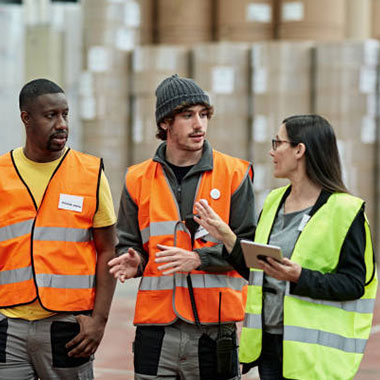
FAST Ahead
Includes case studies and testimonials of our partners as well as other featurettes from industry experts
-

FAST Hacks
We simplify logistics terms and provide practical tips and solutions for the DIY in you
-
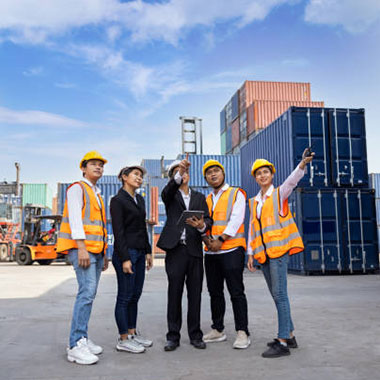
FAST Highlights
Know more about our history, various brands, achievements, and news updates
-
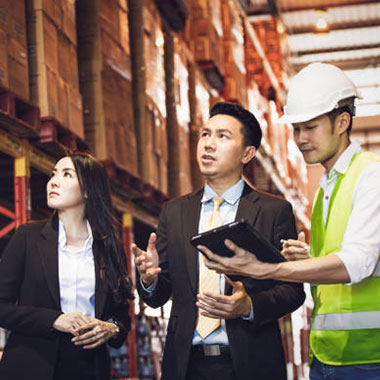
FAST Moments
Get to know the people of FAST, our employee programs, as well as our various ways of giving back to the community
-
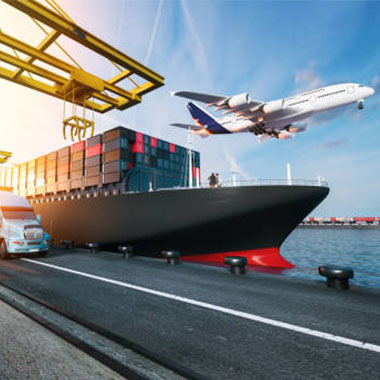
FAST Solutions
Learn more about the various logistics solutions that we cater to and offer our clients, as well as tech innovations, and service facilities
